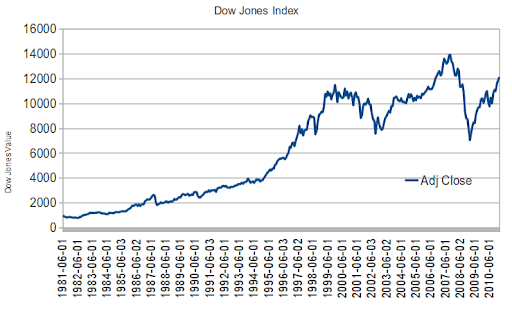So I managed to get my hands on a macbook recently and started learning how to use it. There are obvious differences when it comes to using one of these machines compared to a Windows or Linux machine. One thing that drives me up the wall is that I still haven't figured out how folder navigation works other than double clicking on icons to open them; the standard "hitting enter" on files or folders doesn't work here.
There are other notable differences; for example, the function (F1~F12 keys) are actually mapped primairly to notebook functions (like screen brightness, volume control and etc) and you have to use a function key to activate their "normal" behaviors (ie function-F5 for refresh). There are, of course more things that I need to get used to, like how applications are installed and removed (things work slightly differently compared to usual Linux machines) so it'll take some time to figure those things out.
I still remember my first venture into the linux world after buying the first version of the EEE-PC. It took a good week of tinkering to really figure out how to do software installation and figure out what packages I needed for things like multi-lingual support (I also ended up killing the OS a few times by deleting the wrong things too). I suspect that I'll probably fall through similar pitfalls while learning how to use the mac.
One thing that I do like about using the mac, however is the polished multimedia editing tools, which are leaps and bounds superior compared to the open source alternatives. I guess when it comes to software that you pay for, it is what you get.
Interms of the interface, I like it because it has a cleaner look compared to the usual windows interface and the applications look pretty good. Still haven't had a lot of time to tinker with things but will be looking forward to playing around with the computer some more when I have time. After pretty much graduating from playing games on Windows, there really isn't much of a reason to stick around to a single platform anymore.
 The Dow Jones Index since June 1981 to Feb 2011
The Dow Jones Index since June 1981 to Feb 2011